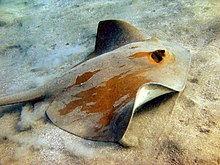SRHE Prize Success for Dr Charlie Davis
We are delighted to share the news that Charlie (@charliejjdavis) has been awarded a prize by the Society for Research in Higher Education to research his project titled "Working-class academics talking: a participatory critical storytelling project with Russell Group academics". Charlie will be working with participants to develop stories about their routes into academia which will be then shared in podcasts. This study seeks to contribute to discussions about how to meet challenges that impede access to higher educations for academics and students identifying as working-class....

